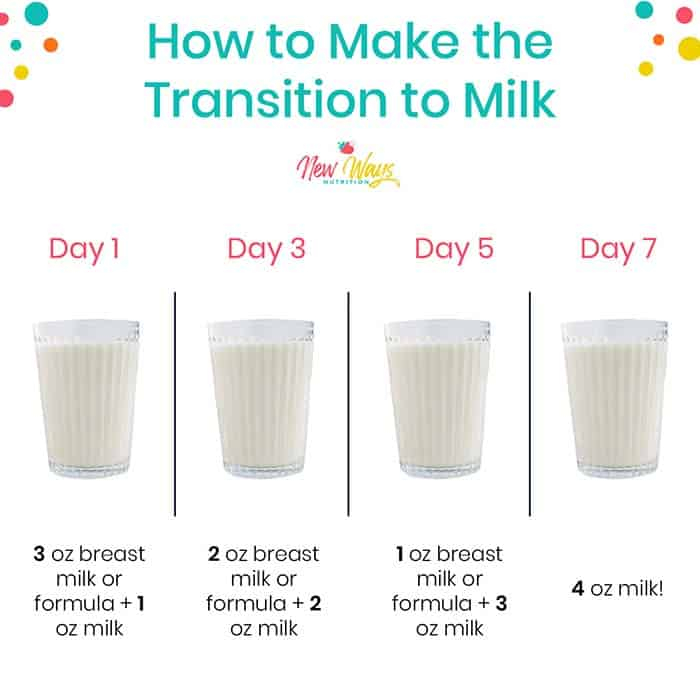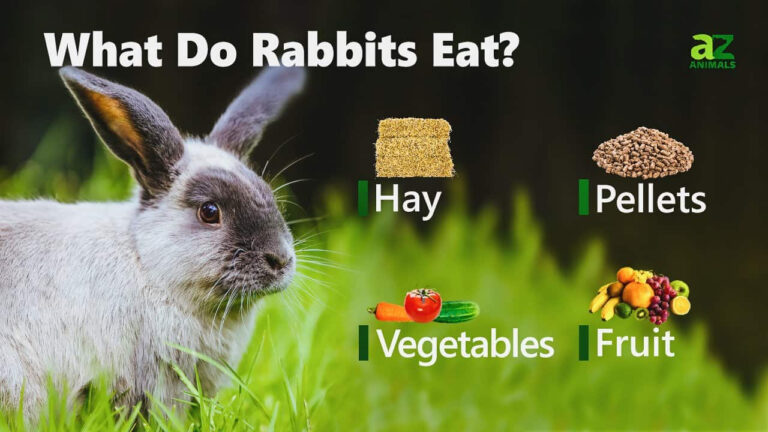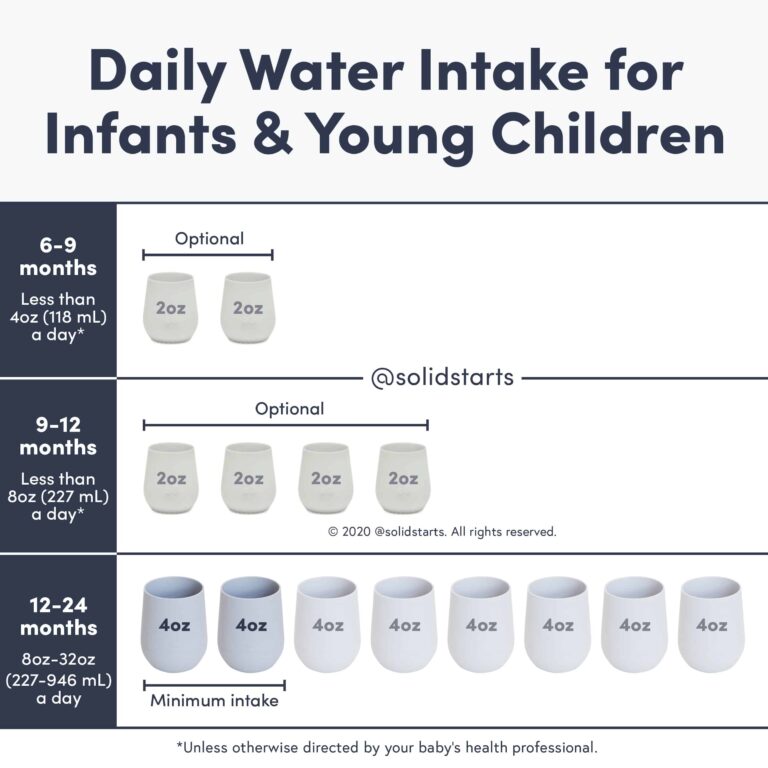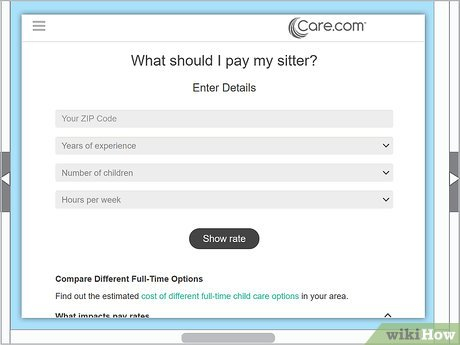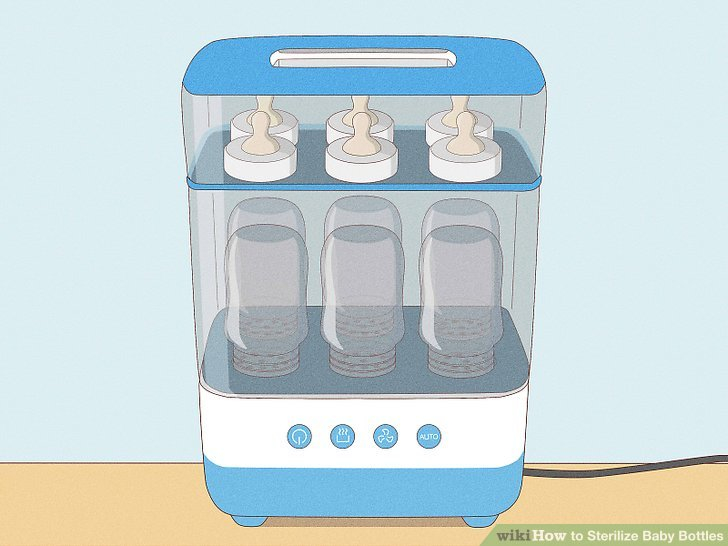How To Transition Baby To Whole Milk: A Comprehensive Guide
Are you a parent looking to transition your baby to whole milk but unsure where to start? This guide will provide you with all the information you need to make this transition smooth and successful. From understanding the benefits of whole milk to practical tips on how to introduce it to your little one, we’ve got you covered. Let’s dive in!
Knowledge
Before making the switch to whole milk, it’s essential to understand why it’s a good choice for your baby’s nutrition. Whole milk is rich in essential nutrients like calcium, vitamin D, and protein, which are crucial for your baby’s growth and development. These nutrients are vital for building strong bones, teeth, and muscles, making whole milk an excellent choice for your little one.
Most pediatricians recommend introducing whole milk to your baby around their first birthday. At this age, your baby’s digestive system is more developed and better able to handle the transition from breastmilk or formula to whole milk. It’s essential to consult with your pediatrician before making any changes to your baby’s diet to ensure it’s the right time for them.
When transitioning your baby to whole milk, it’s best to do it gradually. Start by mixing a small amount of whole milk with your baby’s usual formula or breastmilk and gradually increase the ratio of whole milk to formula over a few weeks. This gradual approach will help your baby’s digestive system adjust to the change and reduce the likelihood of any digestive discomfort.
When selecting whole milk for your baby, opt for organic or hormone-free options whenever possible. These varieties are free of harmful chemicals and additives, making them a healthier choice for your little one. Additionally, always check the expiration date and ensure the milk is fresh and properly stored before giving it to your baby.
Conclusion
Transitioning your baby to whole milk is an important milestone that can benefit their overall health and development. By following the tips outlined in this guide, you can make this transition smooth and successful for your little one. Remember to consult with your pediatrician before making any changes to your baby’s diet and always prioritize their health and well-being.
In conclusion, transitioning your baby to whole milk is a significant step in their nutritional journey. By understanding the benefits of whole milk and following the recommended guidelines for making the switch, you can ensure that your baby receives the essential nutrients they need for healthy growth and development.
As a parent, it’s essential to prioritize your baby’s nutrition and make informed choices about their diet. By introducing whole milk at the right time and in the right way, you can set your baby up for a lifetime of good health and well-being. Remember, every baby is different, so be patient and attentive to your little one’s needs throughout this transition.
